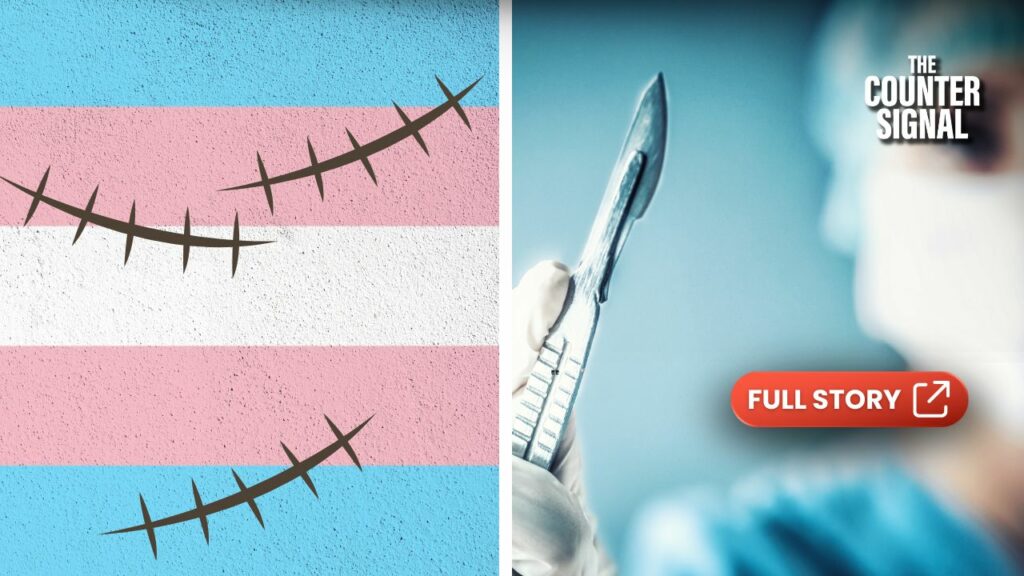A study of 10 transition clinics in Canada revealed that half of them do not require any form of a psychological assessment before prescribing hormone blockers to youth.

The study was conducted by Trans Youth Can, a Canadian organization attempting to improve “gender affirming care” for youth who are seeking a gender swap.
A 2020 study by the group revealed that five of the ten clinics they looked into didn’t require any psychological assessment at all before doling out puberty blockers or hormone therapy to “trans youth,” while another one of the ten clinics only “sometimes” required a psychological assessment.
The other four clinics always required an assessment.
Shockingly, the World Professional Association for Transgender Health (WPATH) — considered a leading authority in trans issues — discourages health professionals trying to talk individuals out of getting surgery, claiming that psychotherapy is unnecessary before agreeing to surgically removing vital body parts.
Instead, before proceeding with irreversible surgery, a “qualified health professional with the ability to identify gender incongruence may assess patients.”
Moreover, a number of medical professionals also claim that any guidelines which require a mental health evaluation are “unnecessary barriers” for so-called “trans youth.”
For example, Dr. Alex Keuroghlian, a clinical psychiatrist and director of the Massachusetts General Hospital Psychiatry Gender Identity Program, told the New York Times: “I’m really not a believer in requiring that for people,” he said, adding, “being trans isn’t a mental health problem.”
Gender dysphoria’s relation to mental health
In the study proposed by Trans Youth Can, they noted that a significant number of youth seeking “gender affirming care” have experienced severe mental health issues in their past.
Just over half of the youth in the study (50.3%) already had a mental health diagnosis before showing up to a clinic for hormone therapy.
68% of the so-called trans youth had partaken in self harm before going to a clinic, and 58% had seriously considered suicide. 36% had attempted suicide.
However, according to the World Health Organization (WHO), being transgender is no longer considered a mental illness.
“We expect [the re-categorization] will reduce stigma,” said the WHO’s Lale Say.










